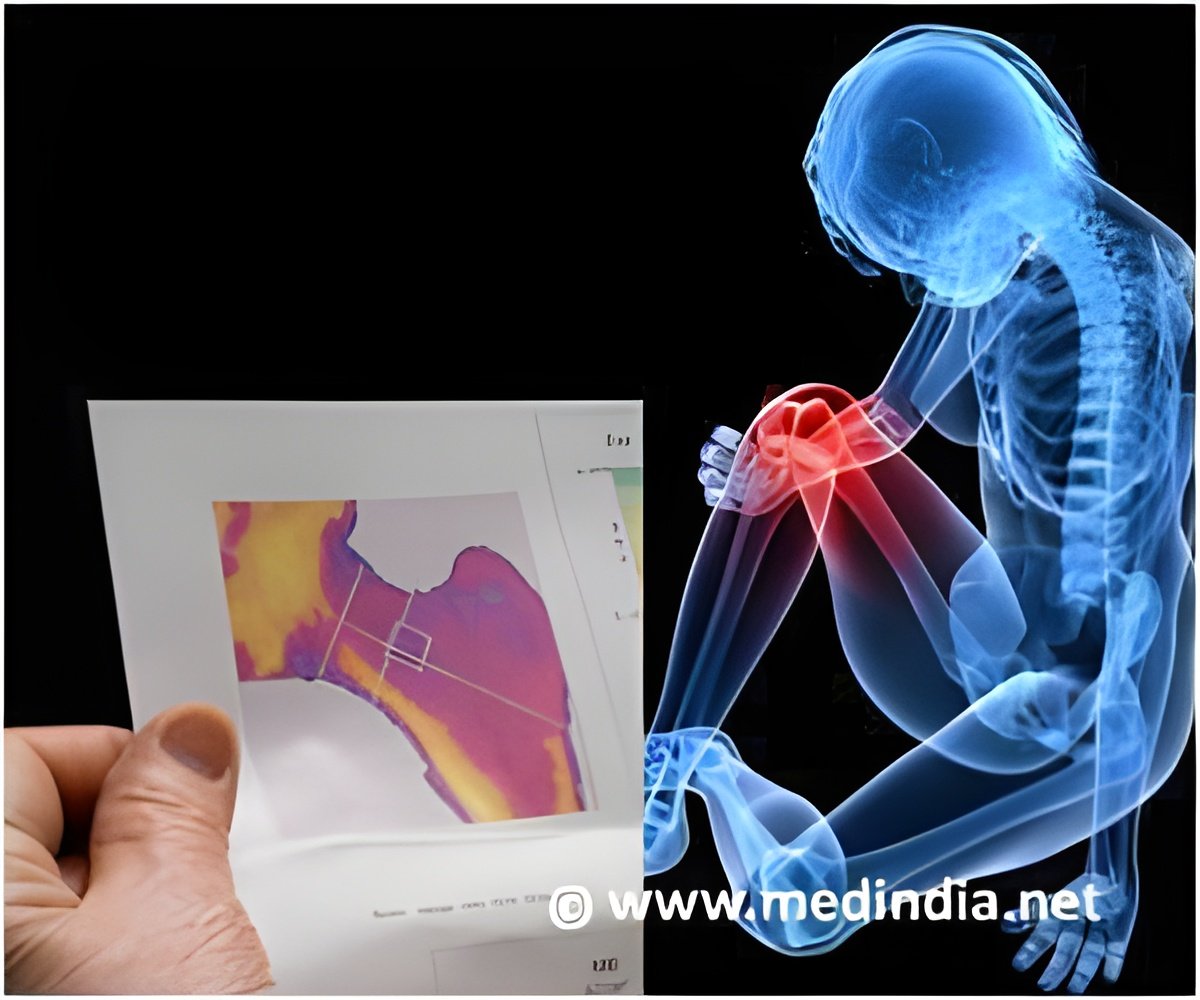
‘Medical guidelines consistently recommend that fracture patients aged 50 or over, receive intervention that includes assessment of bone status and evaluation of fracture risk.’
Tweet it Now
Would it be more effective to empower the patients themselves to demand testing and care? This question was asked by investigators from Lyon, France who set up a multicenter, randomized controlled trial (PREVOST) to evaluate the impact of a post-fracture care program with a dedicated case manager who interacts with the patients.
The trial enrolled 436 women, aged 50-85 years, who had attended hospital for treatment of a fragility fracture of the wrist or upper arm. While the control group received the usual care offered by the hospital or clinic, the intervention group also received repeated oral and written information about fragility fractures and osteoporosis management by a case manager. The case manager prompted the patients to visit their primary care physicians to ask for BMD testing and management.
Within six months, 53% of the women in the intervention group initiated post-fracture care versus 33% in the control group. The intervention resulted in BMD prescription for 50% of the women, with 41% following through with testing, versus 33% and 25% respectively for the control group. There was only a slight improvement in treatment prescription (13% in the intervention group versus 9%). Only 46% of the women with a low BMD for which treatment would be advised according to French guidelines, actually received treatment prescription -- reflecting the care gap in secondary prevention of osteoporosis that exists in France and worldwide.
Lead author Dr Blandine Merle of the Rheumatology Service, University of Lyon, stated: "In France as elsewhere, osteoporosis is underdiagnosed and undertreated -- including in high-risk fracture patients. Our randomized trial demonstrates that directly informing and involving patients in their post-fracture care follow-up, through the intervention of a case manager, can substantially improve the rate of BMD assessment. This type of intervention is easy to set up, relatively inexpensive, and may reach a large number of patients. Although more needs to be done to increase treatment rates and close the care gap, empowering patients to ask for BMD testing is an important first step. "
Advertisement









